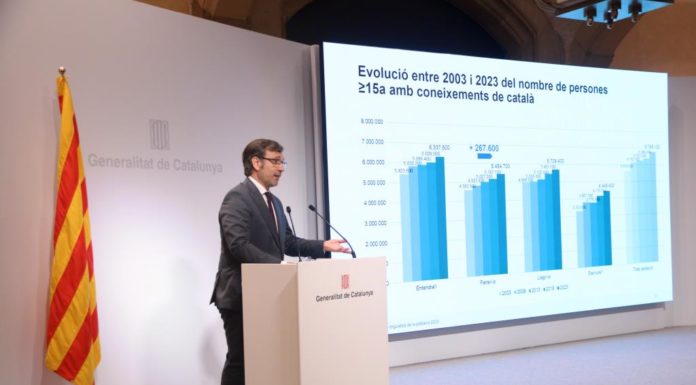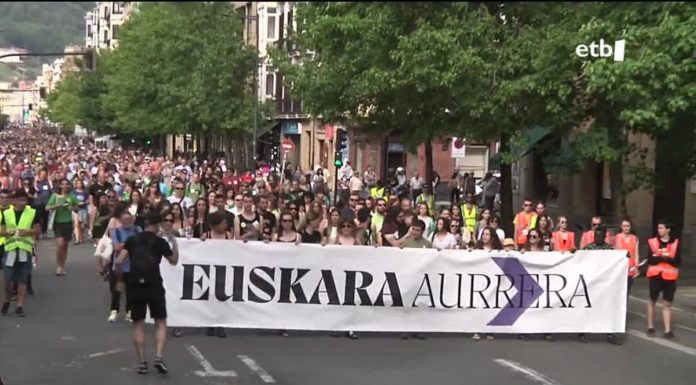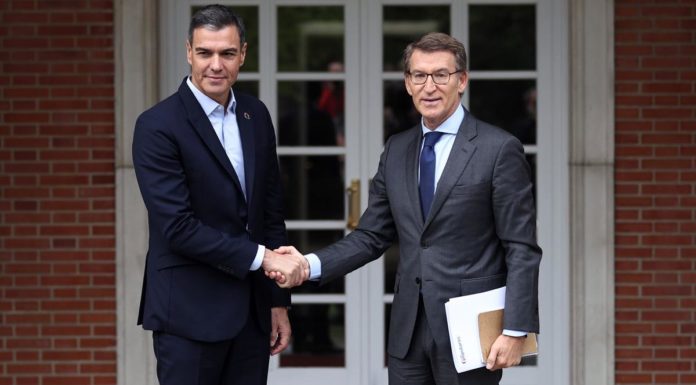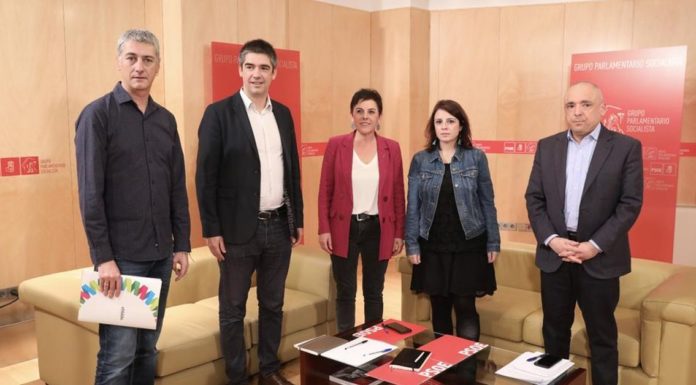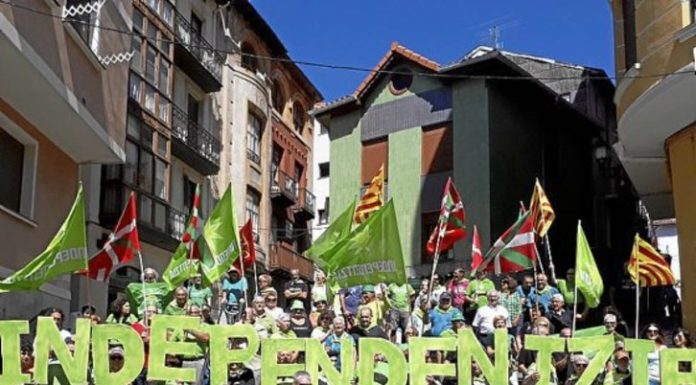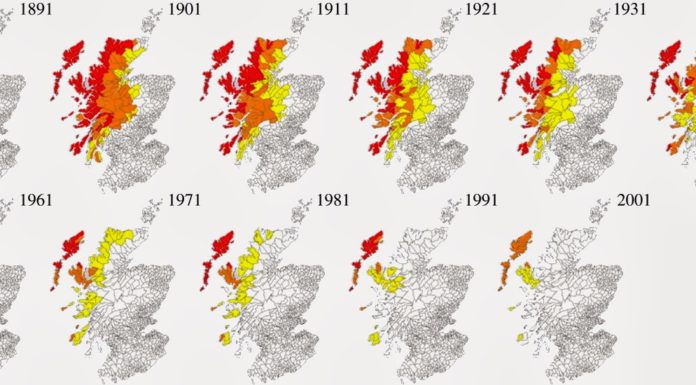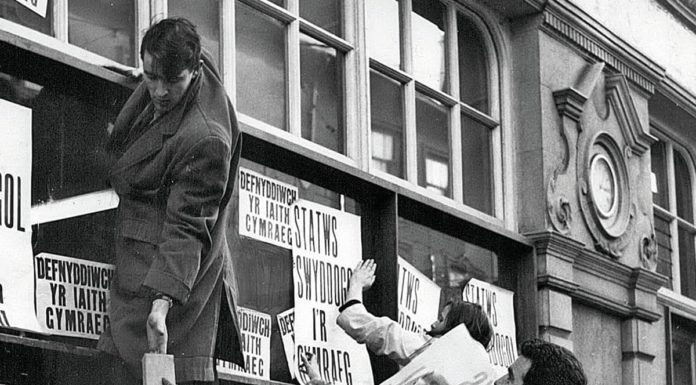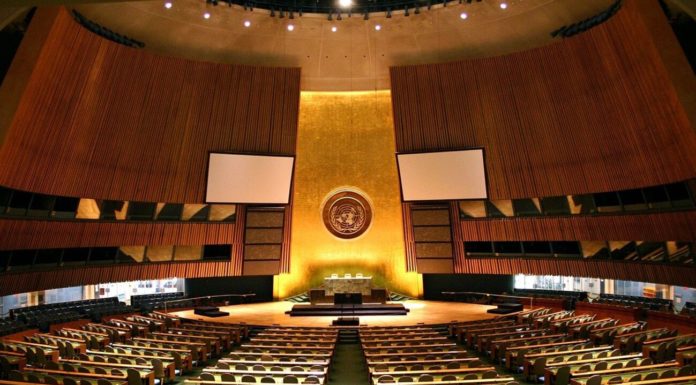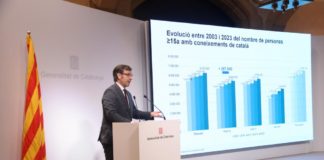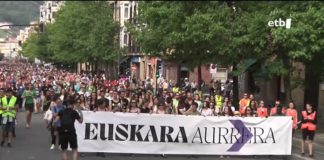DAVID VALLS
Linguist and Catalan teacher.
Abstract:
In this article, Catalan linguist David Valls analyses the data from the latest Catalan sociolinguistic survey, published at the beginning of 2025. These are worrying data, exhibiting a continuous decline in the use of Catalan. Mr. Valls analyses the causes and proposes solutions to reverse this situation.
Catalan is still the most widely used stateless language...
JUAN INAZIO HARTSUAGA
Abstract:
The anthropologist and activist in favor of the Basque language Juan Inazio Hartsuaga makes two interesting proposals in this article to revitalize our language.
Mr. Hartsuaga states that bilingualism is the phase prior to the death of any minoritized language. Wherever bilingualism is introduced, history shows us that the minoritized language disappears within a maximum period of 200...
GARI ERLEAGA.
Abstract:
The author of this article notes that the administrative division of the Basque nation is also reflected in our own national symbology.
Based on this reality, he emphasizes the acceptance of an ancestral Basque symbol, the so-called LAUBURU ("four heads" in Basque). The lauburu is a symbol that unites all Basques, regardless of our particular ideologies.
It already appears in...
DIONISIO AMUNDARAIN.
Abstract:
In this article, Mr. Dionisio Amundarain laments the fact that the next Spanish elections, to be held on 23 July, are interpreted by many people in the Basque Country on a Spanish rather than a Basque national level.
He also regrets that the two main Basque nationalist parties, EAJ/PNV and EH BILDU, do not collaborate more actively with each...
PAKO SUDUPE
Abstract:
Basque writer Pako Sudupe regrets in his interesting article that in the recent municipal elections Spanish political parties still use, for political purposes, the violence of ETA, when 12 years have passed since its disappearance. And not only the Spanish parties, but also the Basque Nationalist Party (PNV), an autonomist-federalist party, does the same, for a purely electoral...
ALAN SANDRY.
Swansea University (Wales/Cymru).
The Welsh language – Cymraeg – is generally believed to be the second oldest existing language in Europe, after Basque, with its origins going back at least 3000 years. At its height it was spoken by people in Wales, western areas of England, Cumbria (Lake District) and the south of Scotland; Edinburgh and Glasgow were Welsh-speaking...
XABIER IRUJO.
Historian. University of Nevada, Center for Basque Studies.
Abstract:
In this article, the historian Xabier Irujo elaborates on a number of Basque independence proclamations since the times of the French Revolution to our days.
In 1789, for one, the Estates-General of Navarre, reunited in Donibane Garazi, outlined clearly that Navarre was not part of the kingdoms of Castile or France, emphasizing...
SHONA McALPINE.
Spokesperson ICEC Scotland.
The Gaelic language is quite linguistically distinct from English. It is a Celtic language with a close relationship to Irish Gaelic and Welsh. It was the main language in much of rural Scotland until the start of the 17th century. With the Union of the Crowns in 1603 when Scotland remained an independent state but with...
ELIN HAF GRUFFYDD JONES.
Prifysgol Cymru-University of Wales.
ELEN President (https://elen.ngo/).
The NAZIOGINTZA group wants to make known the linguistic struggle of other stateless nations like ours. To this end, we will analyze other models through a series of articles that we begin today. We will show you the cases of Wales, Catalonia, Quebec and Flanders.
In this first article written for NAZIOGINTZA...
Collaborations
SELF-DETERMINATION: LIST OF STATES THAT HAVE SIGNED THE TWO UN COVENANTS OF 1966, AND THEIR HYPOCRITICAL AND FALSE CONDUCT.
MIKEL URKOLA ELIZEGI
In 1966 the UN proclaimed two Covenants of great international importance: a) the one referring to Civil and Political Rights, containing 53 articles; and b) the one that sets the Economic, Social and Cultural rights, which has 31 articles. In 1977, Spain accepted these two international agreements and the then Spanish King Juan Carlos signed them. These...

